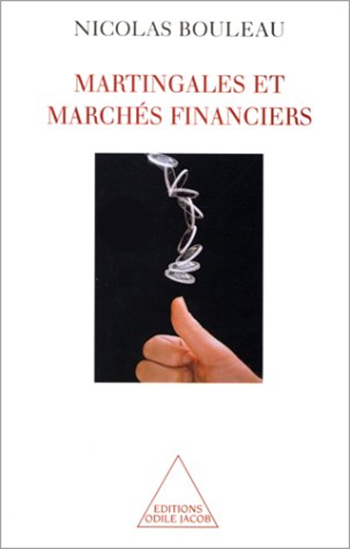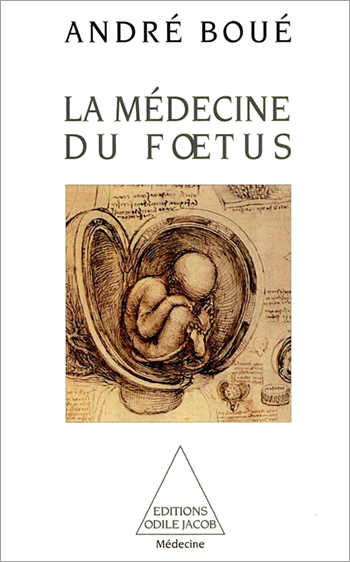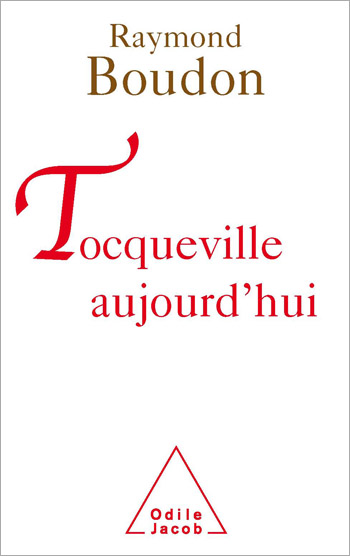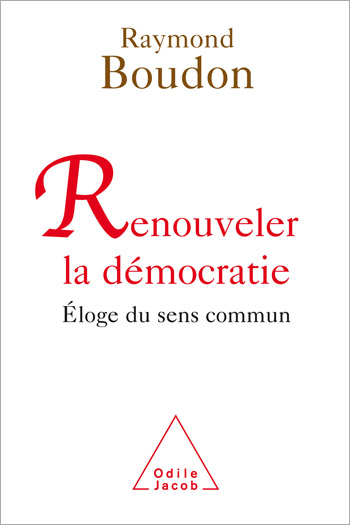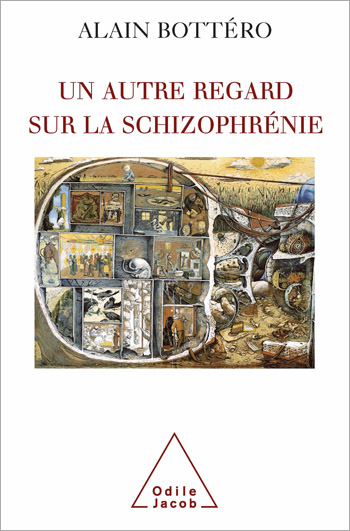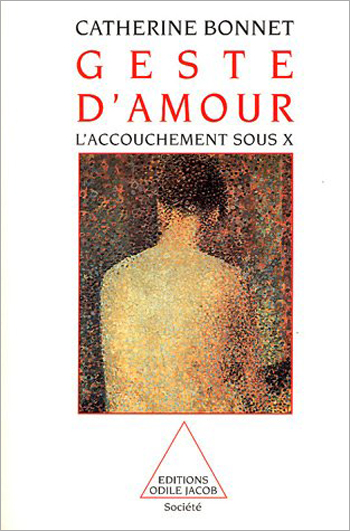Catalog All books

Dominique Bourg
In Defence of an Ecological Sixth Republic
Proposals for a reform of the French Constitution in the run-up to the 2012 Presidential elections
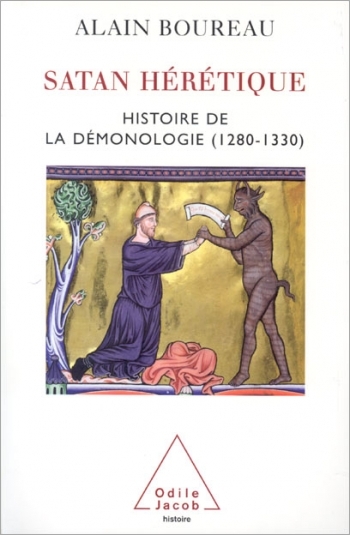
Alain Boureau
Satan, the Heretic History of demonology in Medieval Europe, 1260-1350
Alain Boureau is one of the most original French medievalists. In his earlier, best-selling book on the droit du seigneur, he showed that such a custom had never actually existed. The present work is not about Satan and Satanism, but about the birth of demonology, i.e. about the demons that inhabit Satan's Court - a fascinating topic for a medievalist. Before the end of the thirteenth century, theology had shown little interest in demons, according to Boureau. But Saint Thomas Aquinas' Treatise on Evil, written in 1272, changed all this. Boureau tries to find an explanation. He is not concerned with why people believe in demons - he has not written a social history of demonology. Instead, he sets out to understand why theologians became interested in the subject - for this is a history of theological ideas about demons. The author summarises his explanation as follows: I propose that the date of the invention of demonology be moved forward by more than a century, not because a new doctrine was established and enforced then, as was the case in the fifteenth century, but because of the considerable procedural changes that assimilated witchcraft and invocations of the devil with the crime of heresy, which in turn led to new legal developments and more revelations. In addition, the injection of doctrinal content into the ancient theme of the devil's pact explained demoniac activity in the world. The issue that lies at the heart of these discussions about a pact with the devil, evil and evidence is obviously the emergence of our legal system. Alain Boureau is a director of studies at the Ecole des Hautes Etudes en Sciences Sociales.

Éric Boulanger
I’ve Decided to Age Well
An eminent professor of geriatrics helps us understand the signs of aging and the positive and innovative idea of “active aging.”

Raymond Boudon
Why intellectual peoples don't like liberalism
Given the intellectual force of liberalism, its political appeal, its economic effectiveness and its historical significance, why is it so unpopular among French intellectuals? Why does it elicit so little serious discussion? And why is it the object of so much confusion, so many clichés and misunderstandings? Is it simply out of resentment, because intellectuals feel that the market does not afford them the material and symbolic rewards that they believe they deserve? Is it just because they prefer to play a critical role in a society where capitalism is triumphant? Perhaps, but these reasons do not explain everything and they certainly dont explain the systematic rejection of liberal thought in France. A sociologist of knowledge rather than of social determinism, and a specialist in belief systems, Raymond Boudon ruthlessly analyses the cognitive mechanisms that make liberalism so hateful in the eyes of French intellectuals. The result is a keen, detailed review of the clichés that have encumbered discussions for more than thirty years. Raymond Boudon, a professor at the University of Paris-IV, is a member of the Académie des Sciences Morales et Politiques. He us the author of numerous works, most notably LInégalité des chances, La logique du social, LIdéologie ou lorigine des idées reçues, LArt de se persuader, Le Sens des valeurs and Déclin de la morale? Déclin des valeurs. He is the co-author, with R. Leroux, of Y a-t-il encore une sociologie?

Pierre Bordage, Jean-Paul Demoule, Roland Lehoucq , Jean-Sébastien Steyer
Exquisite Planet
Adapting the form of an ‘Exquisite Corpse’ (a Surrealist technique in which collaborators draw in turn on a sheet of paper, fold it so that only a fragment remains visible, then pass it on to the next collaborator who improvises a new drawing), the four authors of this book have each described a possible planet and imagined the life forms that could have developed there, according to the laws of evolution.

Marie-Jo Bonnet
What Does a Woman Desire When she Desires a Woman?
From Madame de Sévigné to Pauline Delabroy-Allard, George Sand to Djuna Barnes, Simone de Beauvoir to Monique Wittig, not to forget Céline Sciamma or the 10% et Nina series… An analysis of the different faces of lesbian love over time.

